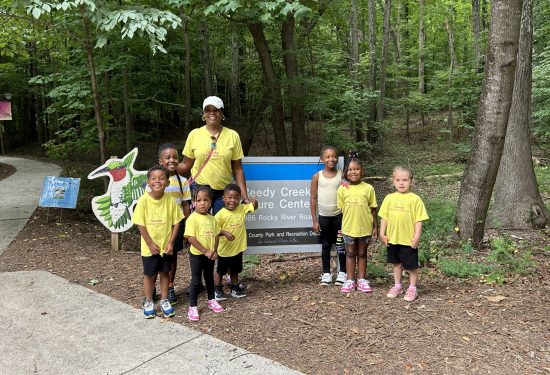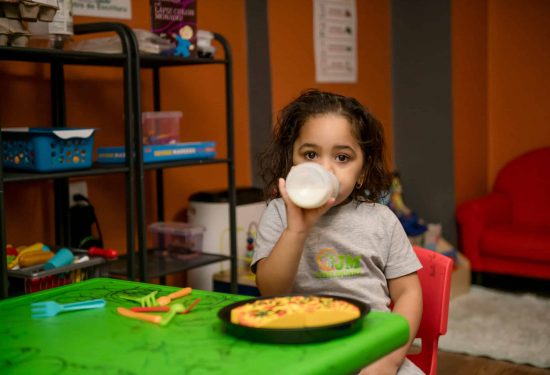COVID-19 Impact
The state’s stay-at-home order greatly impacted child-care providers. A large percentage of the providers lost 50% to 70% of the children in their care, along with the income associated with those children. Other providers expanded their hours to accommodate specific employers, such as the local hospital, continuing their child care from early morning until late into the night. Many providers also expanded their care to school-age children, providing space and technology to continue with distance learning. This is all at a time when disinfectant products and toiletries are scarce and food costs are increasing.
Emergency Fund
West Central Initiative leverages partnerships to provide families and communities in west-central Minnesota with the resources they need to thrive. With support from Home Grown, they allocated $1,000 to every 100 family-based providers on a first-come, first-served basis. Most funds were used for cleaning supplies, infrared thermometers, food—and even mortgage payments.




